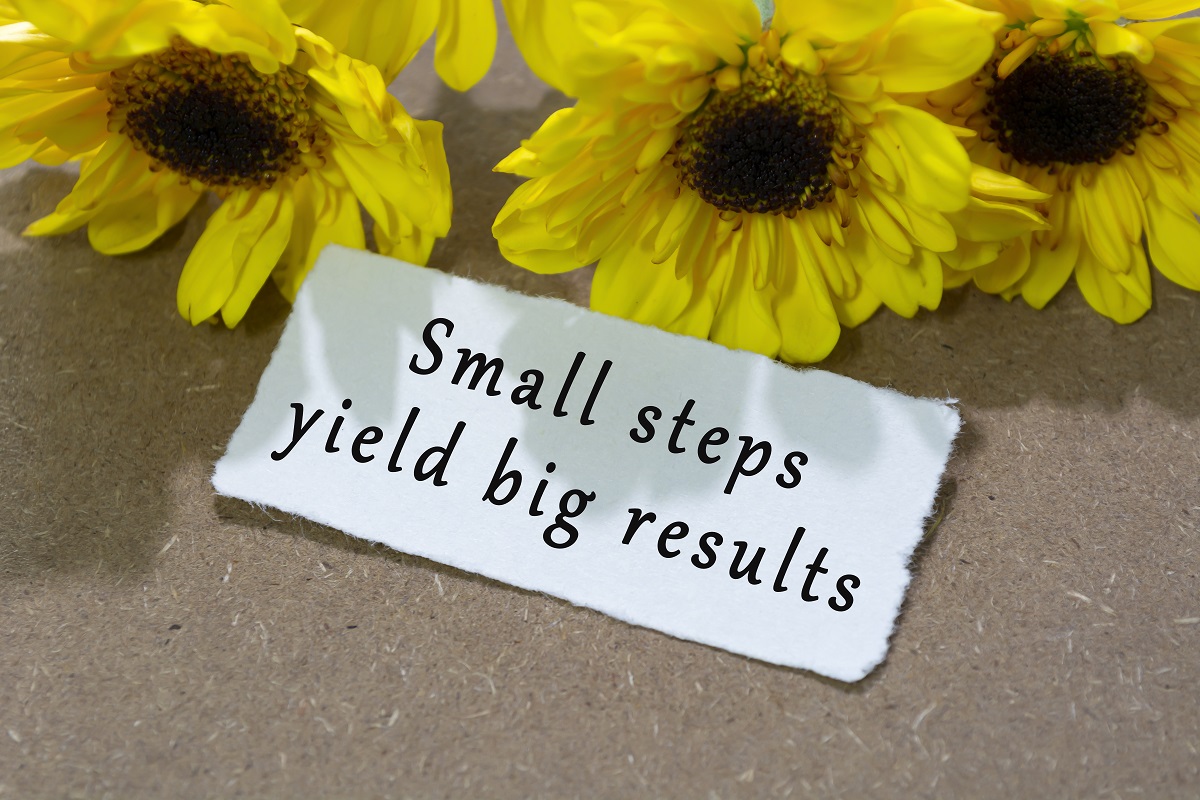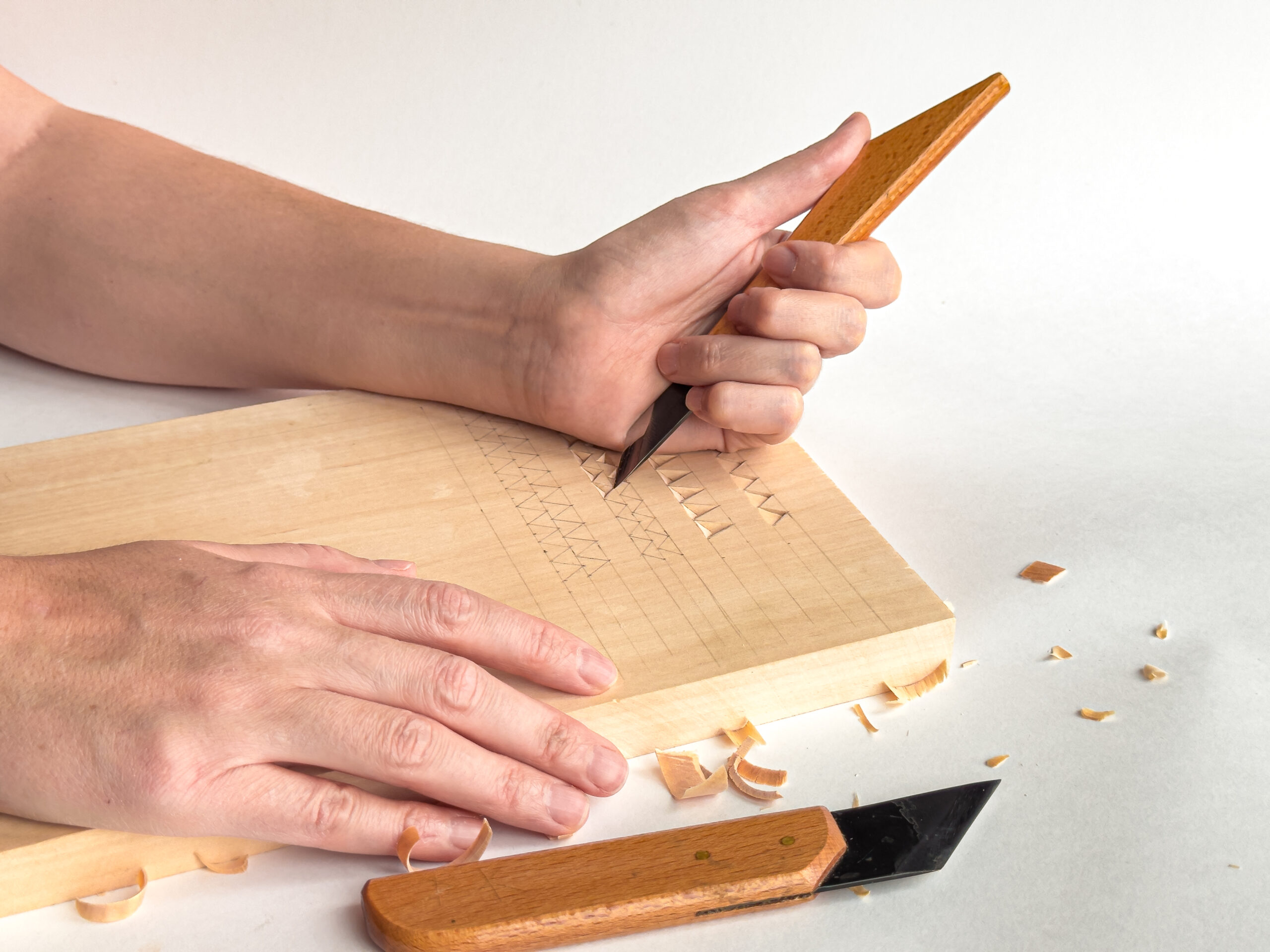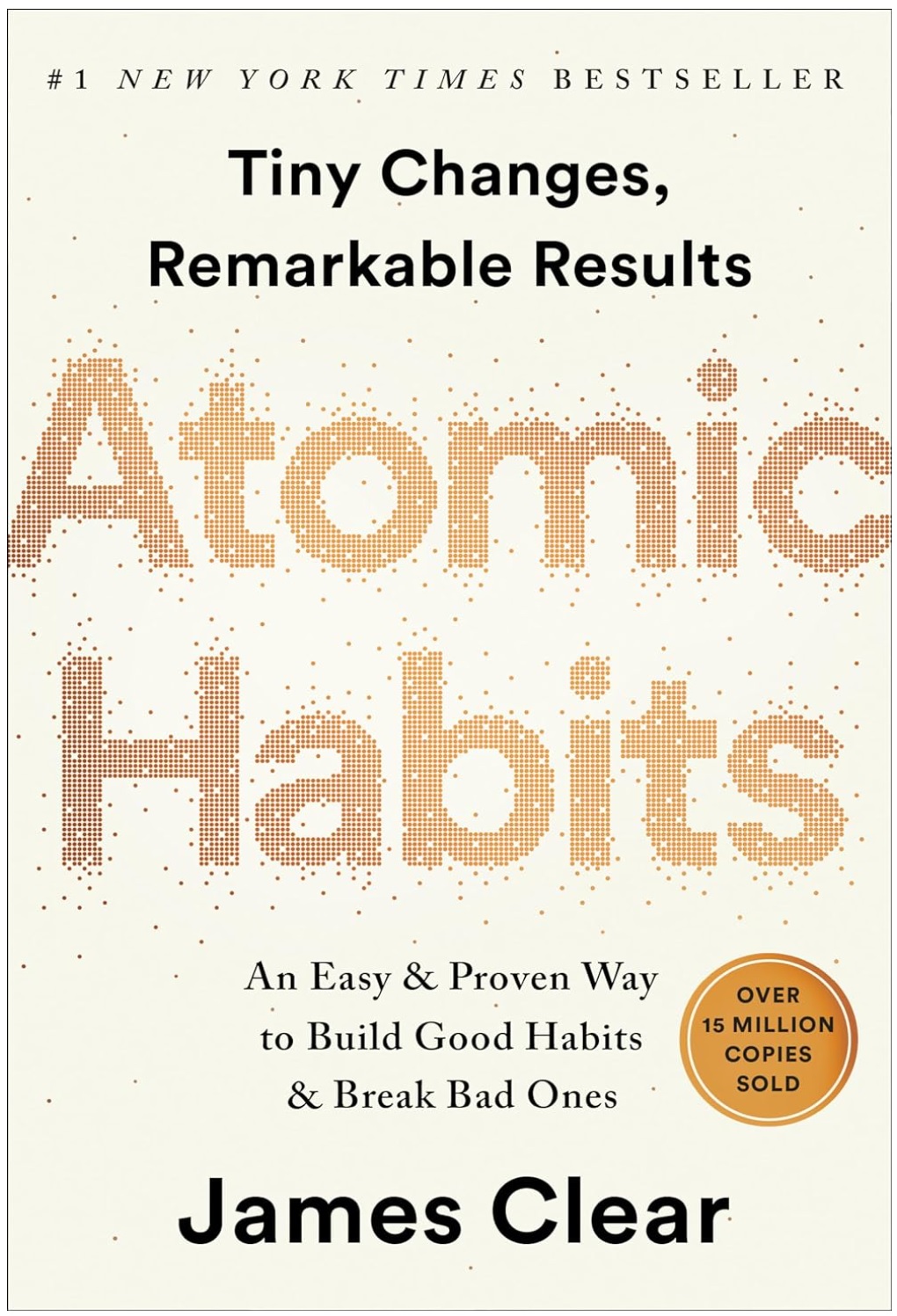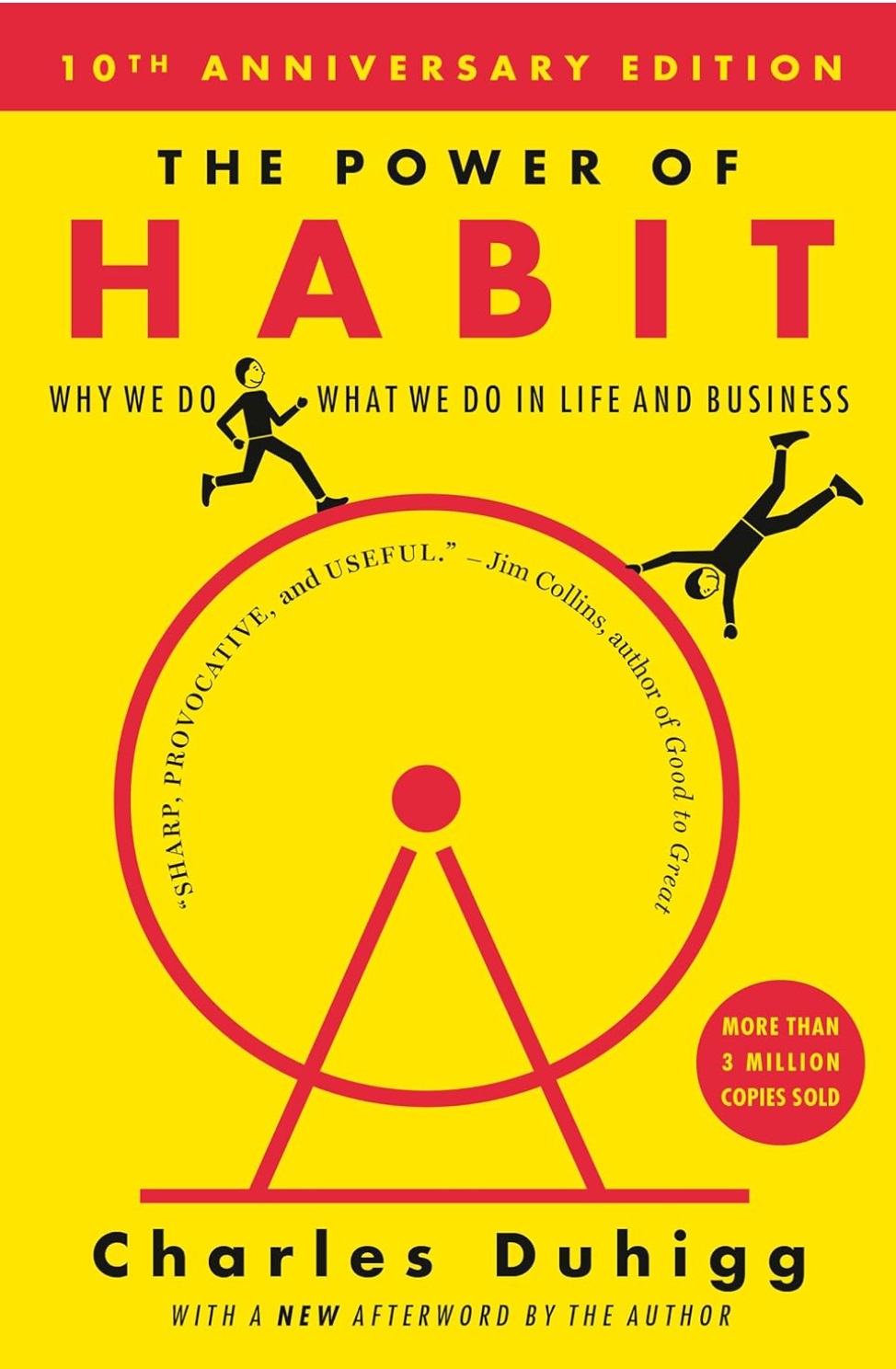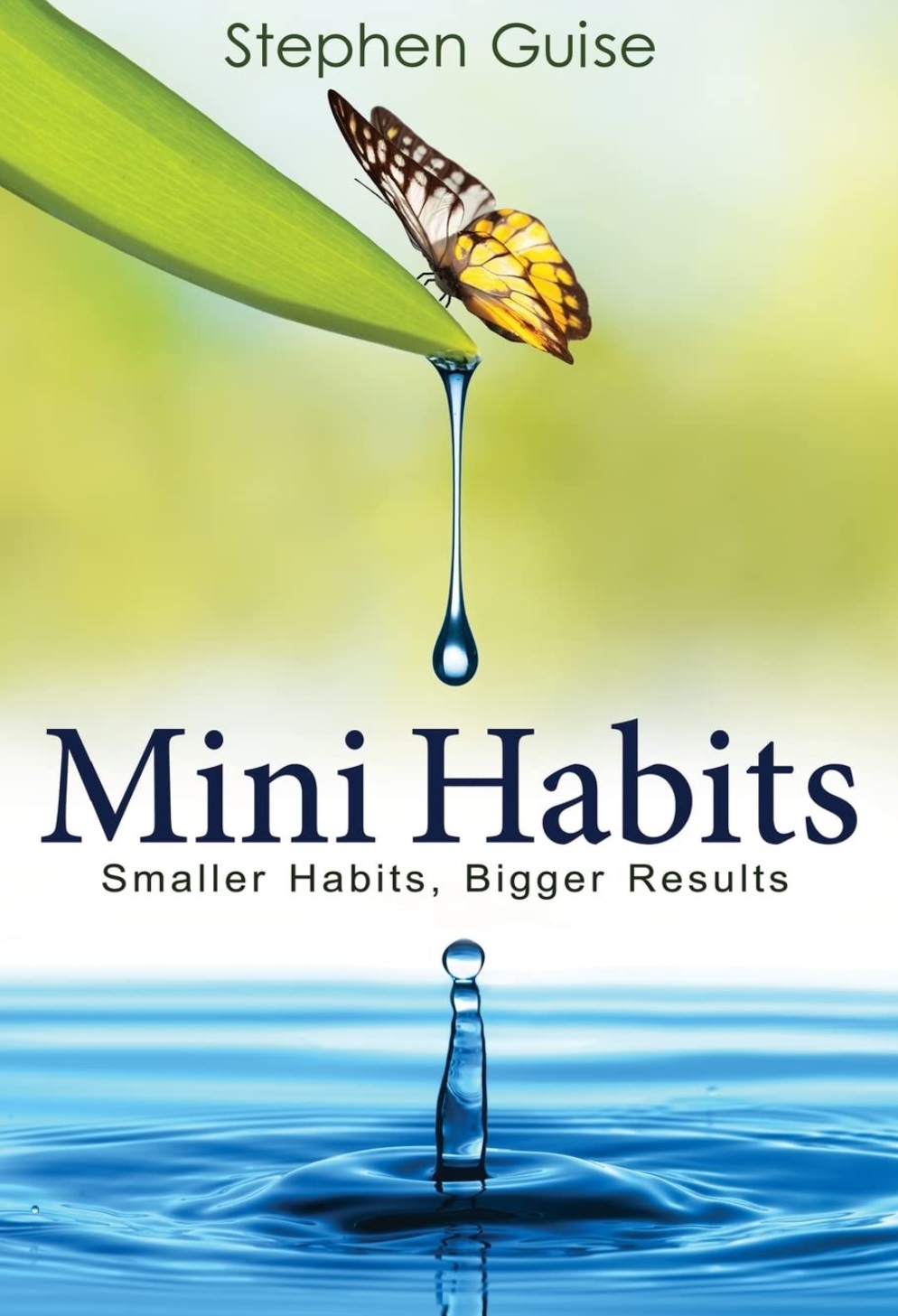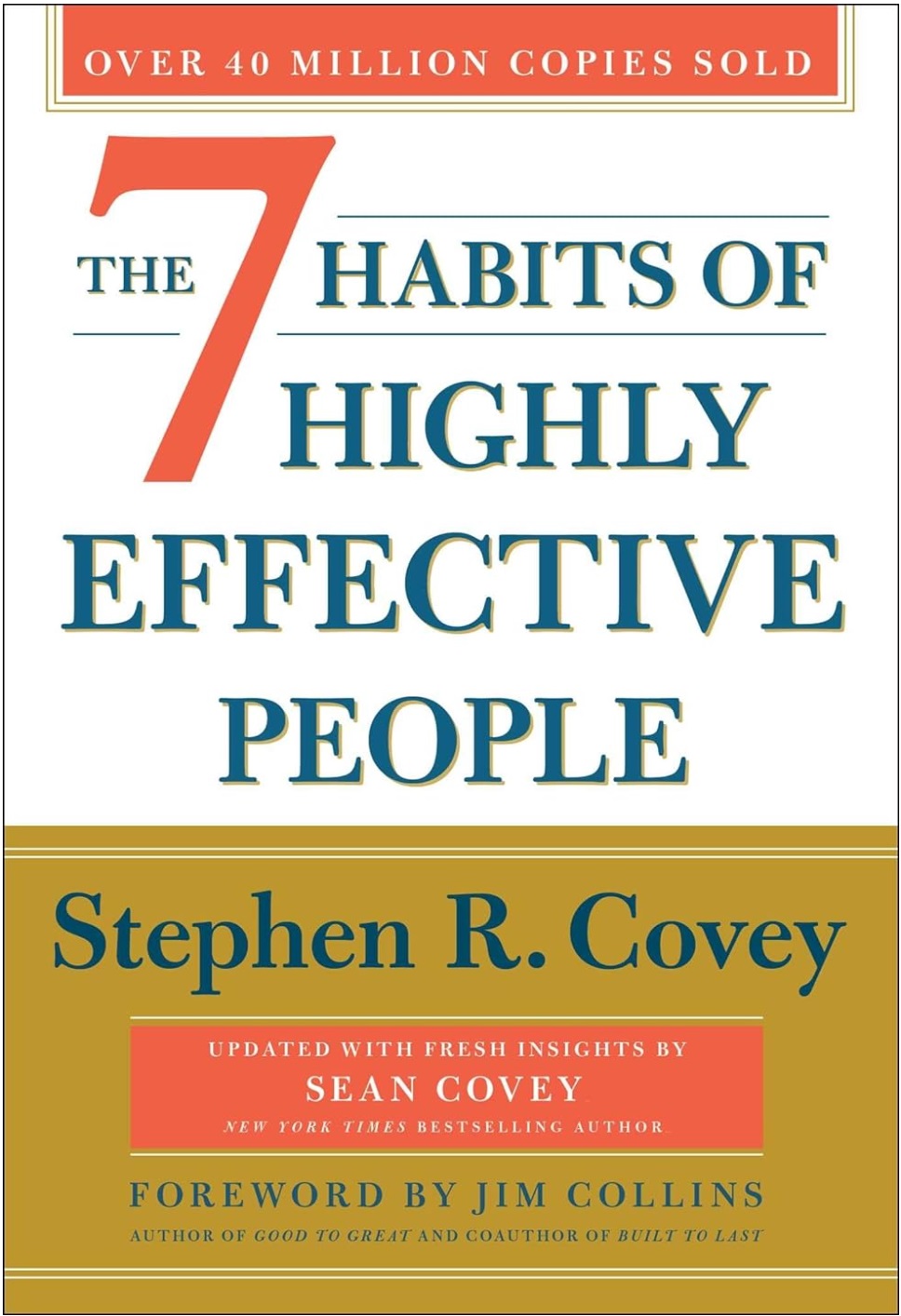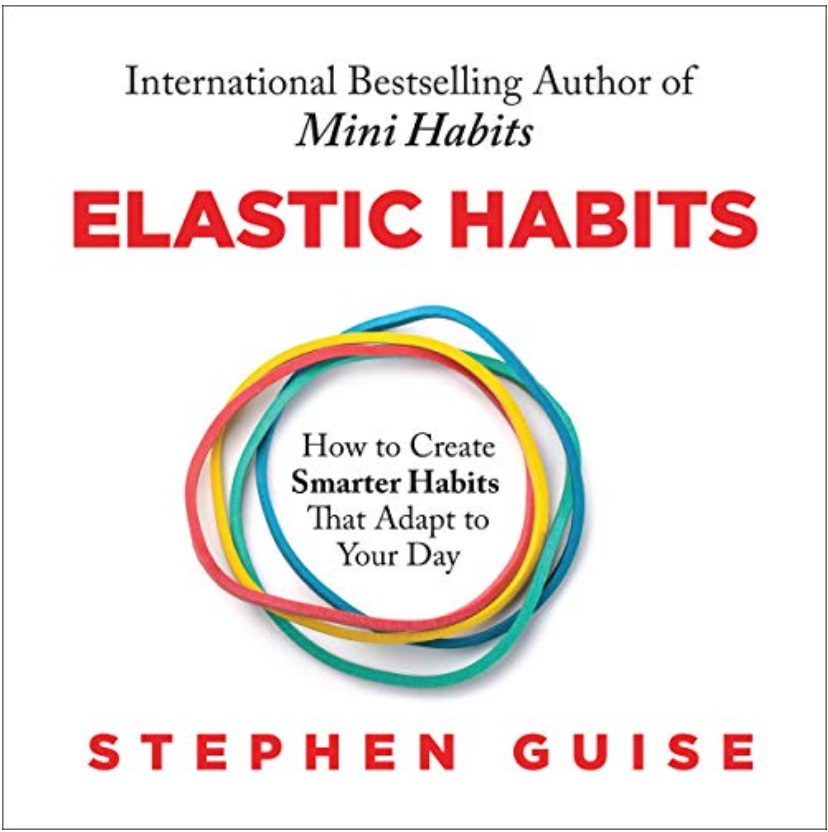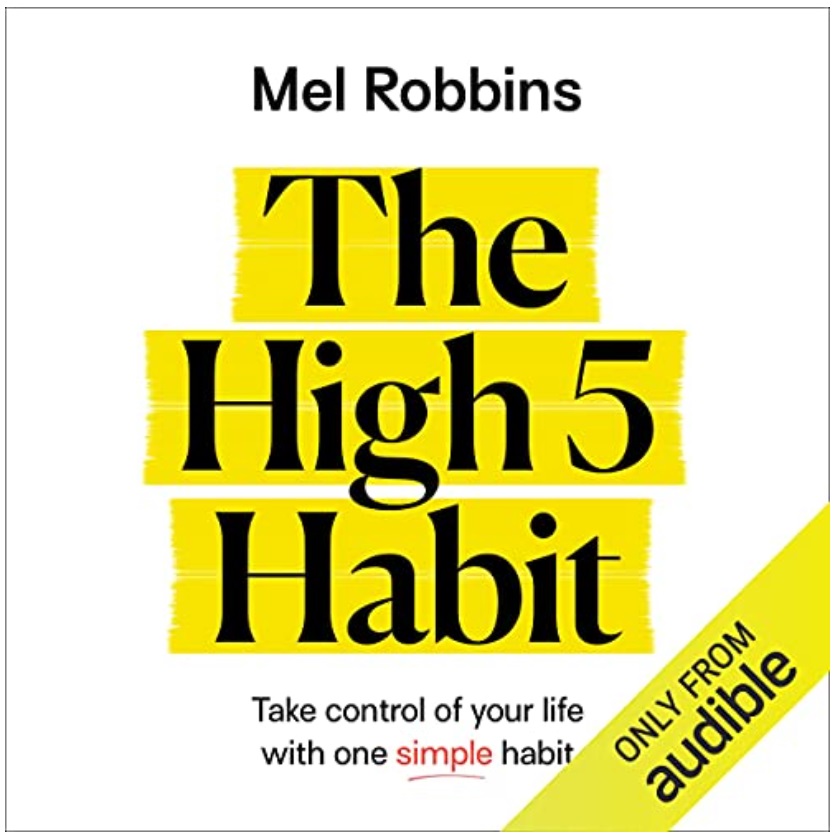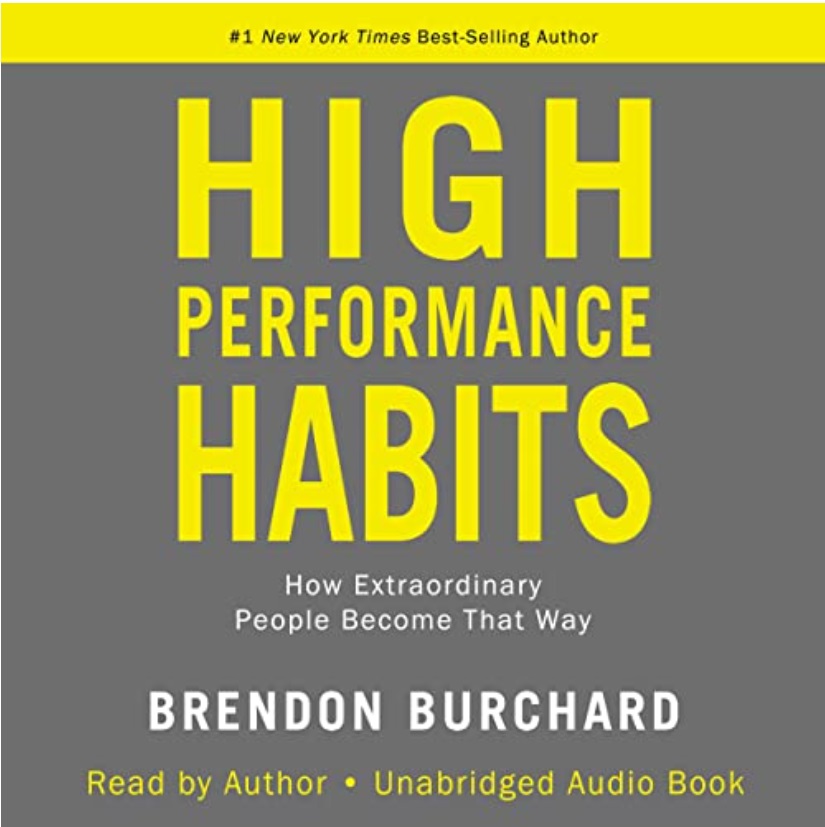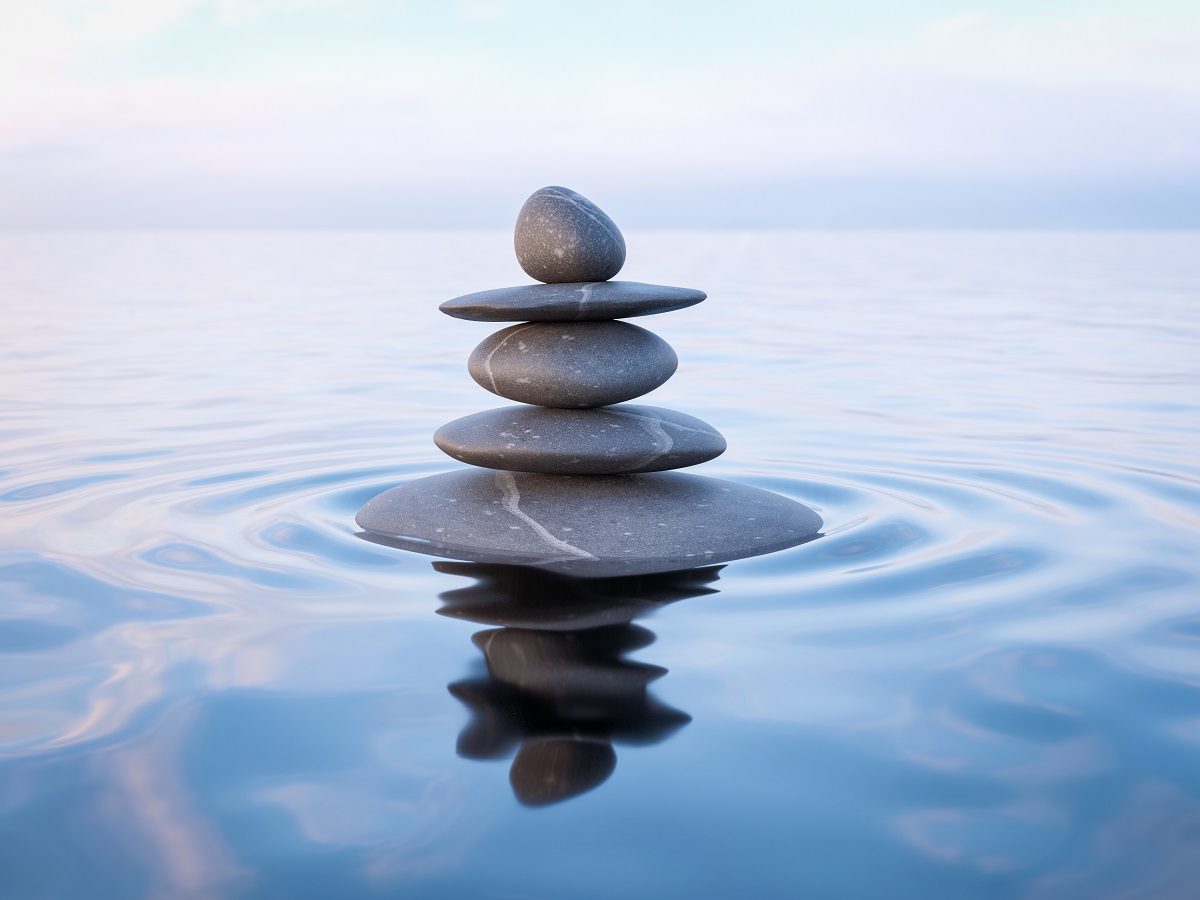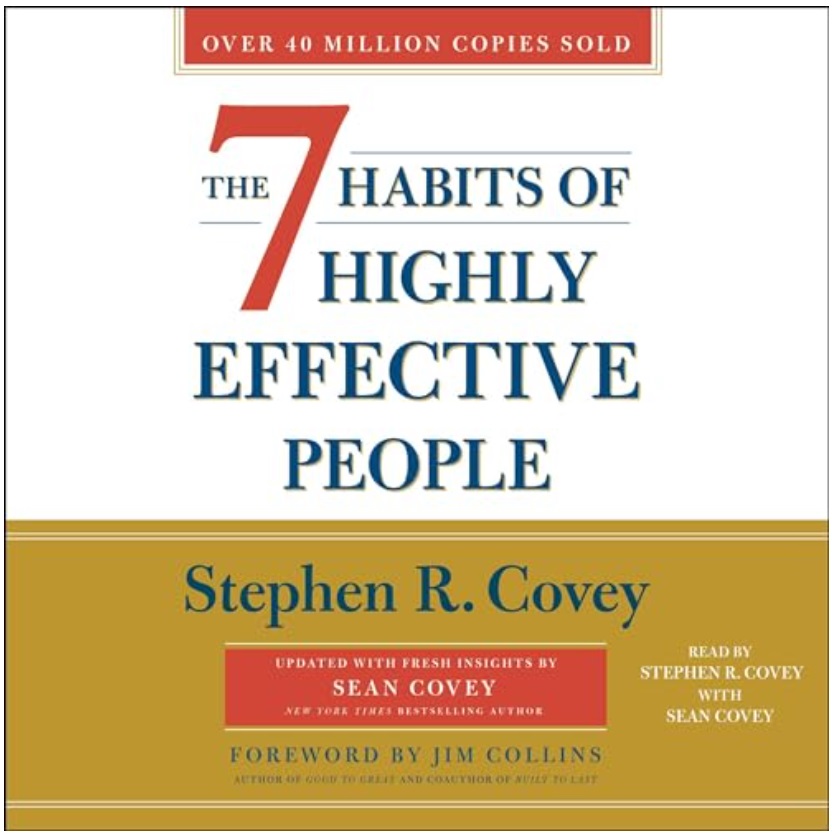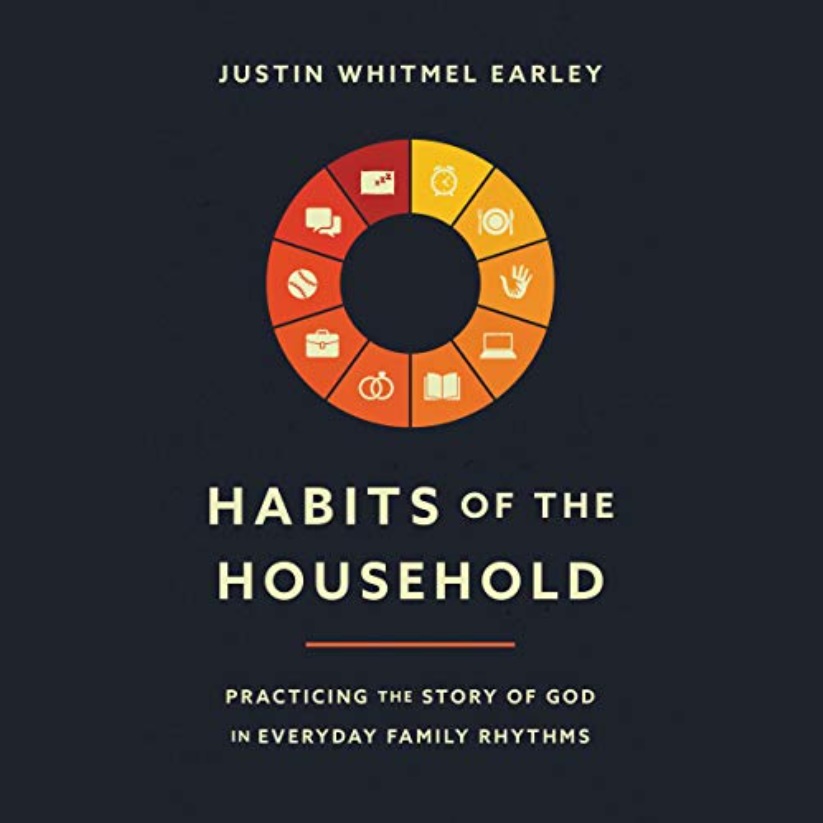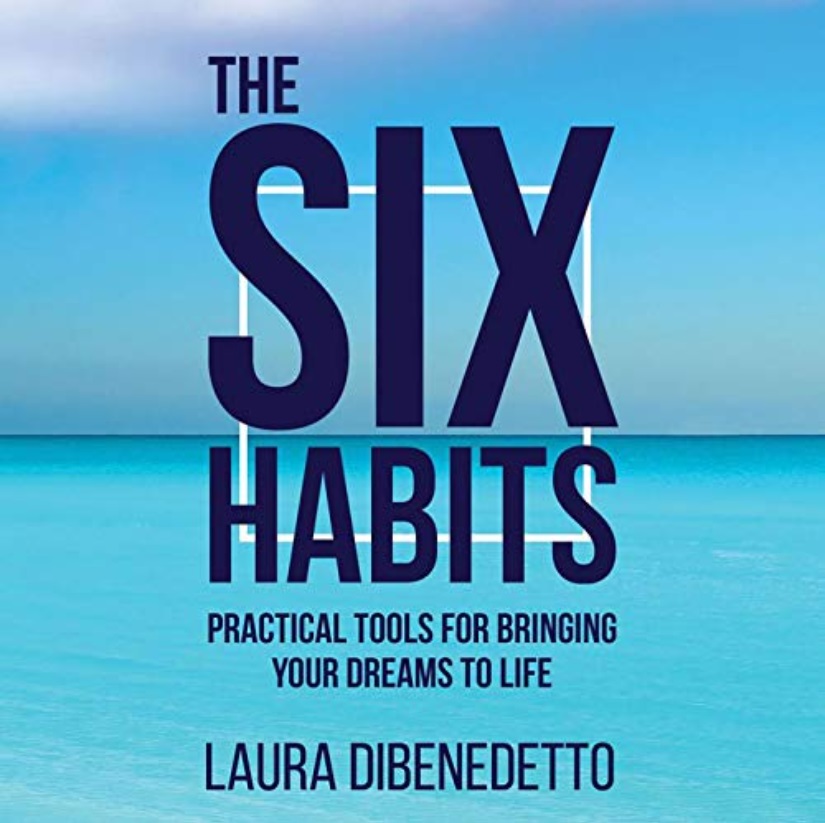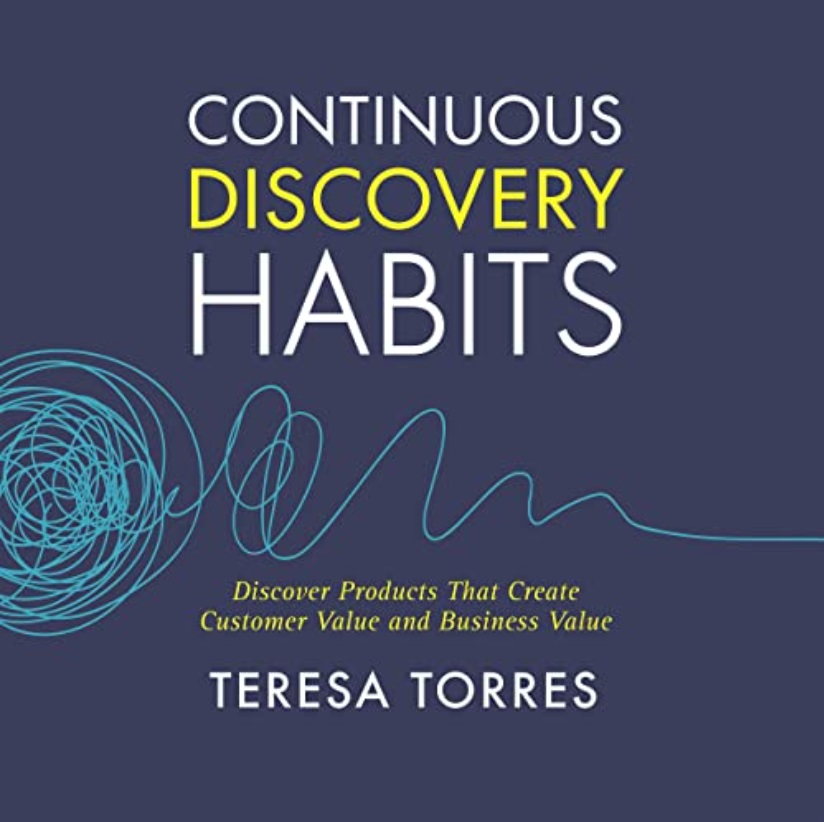- KEY POINTS
- Clarifying your core values creates a personal compass that guides decisions, habits, and relationships with greater clarity.
- Reflecting on peak moments, frustrations, and role models helps uncover the values that truly matter to you.
- Living your values through small daily habits builds alignment, resilience, and a deeper sense of meaning in life.
Have you ever felt like you’re chasing goals that don’t really matter to you? Or maybe you’ve made choices that looked good on the outside but left you feeling empty inside? I’ve been there. More than once, actually.
For a long time, I pursued things that I thought I should want: more money, more approval, more “success.” But deep down, I felt off. Like I was living someone else’s life. It wasn’t until I sat down and got brutally honest with myself about what actually mattered to me that things began to shift.
That’s the power of knowing your personal values.
Your values are the invisible compass guiding your life. When you’re clear on what they are, everything becomes easier, decisions, priorities, boundaries, and even your habits. You stop feeling pulled in a hundred different directions and start moving with clarity and purpose.
Let’s explore how you can identify your own core values, step by step, and start living more intentionally today.
Table of Contents
ToggleThe Truth About Personal Values (And Why They’re Often Hidden)
What Are Personal Values?
Personal values are the beliefs and principles that matter most to you. They shape how you see the world, how you treat others, and how you make choices. Think of them like roots beneath a tree, they’re not always visible, but they keep you grounded and give your life direction.
Some common values include:
- Honesty
- Freedom
- Compassion
- Growth
- Creativity
- Connection
- Simplicity
- Adventure
- Contribution
The tricky part? Many of us haven’t clearly defined ours. We inherit beliefs from our families, culture, religion, or peer groups, and without reflection, we live by them unconsciously—even when they don’t actually fit us.
Why Most People Struggle to Name Their Values
I used to think I knew my values. I’d say things like “I value honesty” or “I value hard work,” but when I looked closer, I realized I was just repeating what I was taught. I hadn’t chosen those values—I’d absorbed them.
It’s not that those values were wrong. But they weren’t necessarily my core values—the non-negotiables that truly fuel my happiness and meaning in life.
We struggle because:
- We rarely pause long enough to reflect.
- We confuse goals (like owning a home) with values (like stability or security).
- We’re afraid of what we’ll uncover—especially if it means changing things.
But you can change that. You can get clear. And once you do, your life will start to align in ways that feel deeply right.
Reflective question:
What beliefs have you accepted from others that no longer feel true to you?
A 3 Step Process to Discover What Matters Most
Step 1: Look Back at Peak Moments
The first place to look for your core values is in your past experiences. Think about the times in your life when you felt most alive, proud, fulfilled, or at peace.
For me, one moment was when I helped a friend through a tough emotional time. I dropped everything to be there for her. It wasn’t convenient, but it felt right—and afterward, I realized that being present for people is deeply tied to my value of compassion and connection.
Here’s how to do it:
- Take 10 minutes and write down 3–5 moments in your life that felt truly meaningful or joyful.
- What was happening? Who was there? What feelings did you experience?
- Now ask yourself: What values were being honored in those moments?
You’ll likely notice patterns—maybe creativity, independence, growth, or kindness keeps showing up. Those are clues.
Action item:
List 3 meaningful memories from your life. Next to each, write 1–2 values that were present in that experience.
Step 2: Notice What Triggers You (In a Good or Bad Way)
Values aren’t just revealed by joy—they’re also uncovered through frustration or anger. When your values are violated, you feel it. Maybe you get mad when someone talks down to others, or you feel sick watching injustice unfold. Those strong reactions often point to your deeper values.
On the flip side, when you admire someone deeply, it’s often because they’re living a value you hold dear.
Personally, I get fired up when I see people acting with integrity, even when it’s hard. It reminds me how much I value honesty, especially in a world full of surface-level promises and half-truths.
Here’s what to explore:
- Think of 2–3 moments when you felt deeply frustrated, angry, or disappointed. What value was being crossed?
- Now think of 2–3 people you admire. What qualities or behaviors do they embody? What value might that reflect?
Reflective question:
What makes you angry or inspired—and what does that reveal about your values?
Step 3: Create Your “Big List”
By now, you’ll probably have a long list of possible values—maybe 15 or more. That’s a great start. But to live with clarity, you need to narrow it down to your top 3–5 core values.
I know this part feels hard. Every value might feel important. But remember, you’re choosing the few that guide your life in every season—not just the nice-to-haves.
Here’s how to do it:
- Circle 10 values that feel strongest.
- Then, take a break—walk around, drink water, let it breathe.
- Come back and narrow it to 5.
- Then ask yourself: If I could only live by 3 values, which ones would I never give up?
This was one of the most powerful exercises I’ve ever done. When I landed on compassion, creativity, and freedom, everything clicked. My career, my relationships, even my daily routines began to reflect those values more and more.
Bringing Your Values Into Daily Life
Why Alignment Matters
Identifying your values is powerful, but the real magic happens when you live them out every day. Imagine knowing that every choice, big or small, reflects who you truly are. That kind of alignment creates peace of mind and a deep sense of direction.
When I finally clarified my top values, I realized how often my daily habits didn’t match them. For example, I valued creativity, yet I spent most of my evenings scrolling social media instead of writing or sketching. Once I recognized the misalignment, I swapped 30 minutes of screen time for journaling, and my days instantly felt more meaningful.
Living your values isn’t about being perfect. It’s about noticing when you drift off-course and gently steering yourself back.
Reflective question:
If someone observed your daily life, what would they say your values are—based on your actions, not your words?
Building Habits That Reflect Your Values
The easiest way to align your life with your values is through habits. Habits are the invisible architecture of your day, and when they line up with what you care about, your life naturally feels purposeful.
If health is one of your core values, maybe that looks like a daily morning walk. If growth is key, maybe it’s reading 10 pages of a book before bed. If connection matters, it could be calling a loved one once a week.
When I started building habits around compassion, I made a small rule for myself: check in with at least one friend or family member every day. It didn’t have to be a long call—sometimes just a text—but it helped me live out my value consistently.
Habit Stacking
One trick that works beautifully is habit stacking—tying a new value-based habit to something you already do. For example:
- After brushing my teeth in the morning, I’ll write down one thing I’m grateful for (value: gratitude).
- After I pour my morning coffee, I’ll spend 5 minutes reading something inspiring (value: growth).
- After dinner, I’ll take a short walk with my partner (value: connection).
It doesn’t have to be complicated. Small steps, repeated daily, create alignment over time.
Action item:
Pick one value and brainstorm a small habit that reflects it. Tie it to an existing routine so it’s easier to keep.
Checking Your Relationships Against Your Values
Are Your Connections Supportive or Draining?
Our relationships either reinforce or conflict with our values. When I got clear about honesty being a core value, I realized some friendships in my life were built on surface-level chatter and subtle competition. I didn’t feel seen, and I left those interactions drained.
It was hard, but I began setting boundaries. I didn’t cut everyone out overnight, but I started spending more time with people who matched my values and less time with those who didn’t. Slowly, my circle became one where I could truly be myself.
Ask yourself:
- Do my closest relationships reflect my values?
- Do I feel free to live them out around these people?
- Where do I feel pressure to hide or compromise them?
The answers can be eye-opening.
Communicating Your Values
It’s also important to share your values. I’ve had moments where I realized a partner or friend wasn’t acting against me—they just didn’t know what mattered to me. Once I said, “Honesty is really important to me, so I’d rather hear the truth even if it stings,” things changed. People can’t honor values they don’t know about.
Reflective question:
Who in your life brings out the best in your values, and who makes you feel like you’re betraying them?
Aligning Your Work With Your Values
Finding Meaning in What You Do
We spend a huge chunk of life at work, so if your job clashes with your values, it can feel like a constant uphill battle. I once worked in a role that paid well but crushed my creativity. Every day felt like I was betraying myself, and eventually, I burned out.
When I shifted into work that allowed me to create and help others, everything felt lighter. It didn’t mean the work was easy, but it was meaningful. That’s the difference.
Not everyone can change jobs overnight, and you don’t have to. Start small: look for ways to bring your values into your current role. If you value growth, ask to learn a new skill. If you value contribution, volunteer for a project that helps others.
Making Hard Choices
Sometimes, though, a deeper change is needed. If your work fundamentally clashes with your values, it may be time to explore other paths. This can be scary—I know because I’ve been there—but living against your values drains you in ways no paycheck can fix.
Action item:
Write down your top 3 values. Next to each, jot down one way your current work supports them and one way it doesn’t.
The Power of Reflection
Even once you’ve identified your values, it’s easy to drift. Life pulls us in a million directions, and before we know it, weeks have passed where we’ve lived on autopilot.
That’s why I’ve started doing simple check-ins. At the end of the day, I ask myself: Did my actions reflect my values today? Sometimes the answer is yes, sometimes no. The point isn’t judgment—it’s awareness.
I also use journaling. A simple page where I write:
- What value did I live out today?
- Where did I compromise my values?
- How can I improve tomorrow?
These questions keep me honest with myself.
Reflective question:
What simple end-of-day question could you ask yourself to stay aligned with your values?
Overcoming the Obstacles to Living Your Values
The Challenge of Social Pressure
One of the hardest parts about living your values is dealing with social pressure. Friends, family, coworkers—they all have their own ideas about what’s “right” or “important.” Sometimes their expectations don’t line up with your truth.
When I first decided to prioritize simplicity and freedom, I faced pushback. People told me I was “wasting potential” by leaving a high-paying job, or that I was “too picky” when I turned down opportunities that didn’t feel right. For a while, I doubted myself. Was I making a mistake?
But here’s the thing: living your values isn’t about pleasing everyone else—it’s about being at peace with yourself. Once I leaned into that, I stopped needing outside approval so much. The freedom that came with that was priceless.
Action item:
The next time you feel pressured to compromise your values, pause and ask: If I betray this value, how will I feel afterward?
Staying Consistent When Life Gets Messy
Expect the Drift
Let’s be real—life isn’t neat. Stress, deadlines, and responsibilities can all pull us away from our values. That doesn’t mean you’ve failed; it means you’re human.
I’ve had weeks where I swore I’d live my value of growth, only to realize I hadn’t cracked open a book or learned anything new. In the past, I’d beat myself up. Now, I see it as a gentle reminder: time to recalibrate.
Consistency isn’t about perfection—it’s about coming back, again and again, to what matters. Think of your values like a compass. Even if you wander off the path, you can always realign by checking where your compass is pointing.
Practical Tools for Consistency
Here are a few tools I use:
- Morning reminders: I write my top three values on a sticky note on my desk. Seeing them first thing sets my intention for the day.
- Accountability partner: I have a friend who shares her values with me, and we check in once a week. We celebrate wins and laugh at slip-ups.
- Micro-habits: Instead of giant commitments, I focus on small actions. Living my value of compassion might be as simple as holding the door open or sending a kind text.
Reflective question:
What’s one small ritual you could use daily to remind yourself of your values?
The Emotional Payoff of Living Your Values
Inner Peace and Confidence
The more you live your values, the more at home you feel in your own skin. Decisions that once felt stressful suddenly become easier because you’re no longer asking, What will people think? Instead, you’re asking, Does this align with my values? That one shift reduces so much second-guessing and regret.
When I started making decisions this way, I noticed my anxiety drop. I wasn’t torn in a dozen directions. I had clarity. I felt more confident because I wasn’t chasing other people’s definitions of success—I was living mine.
Resilience During Hard Times
Values also act as anchors during storms. Life will throw setbacks at you—illness, loss, unexpected change. You can’t control those, but you can control how you respond. When you’re grounded in your values, you can weather the chaos without losing yourself.
For example, during a period of personal loss, I leaned heavily on my value of connection. I reached out to friends even when I wanted to retreat into isolation. That one choice helped me heal faster and reminded me I wasn’t alone. My value wasn’t just a word on paper—it became my lifeline.
Reflective question:
When life gets tough, which value could help you stay steady and hopeful?
Putting It All Together: Your Personal Compass
A Simple Daily Practice
To bring this full circle, here’s a simple process you can try:
- Write down your top 3–5 values. Keep them somewhere visible.
- Choose one small daily habit that reflects each value. Don’t overcomplicate it—tiny steps are powerful.
- Check in weekly. Reflect on how well you lived your values, and gently reset where needed.
- Celebrate progress. Living your values isn’t about perfection—it’s about growth.
This practice keeps you aligned without feeling overwhelming.
Living Authentically
At the end of the day, identifying your values isn’t about adding another “to-do” to your list. It’s about peeling back the noise of the world and hearing your own voice again. It’s about creating a life where your habits, relationships, and work reflect the deepest parts of you.
And honestly? It feels incredible. There’s nothing quite like knowing you’re living a life that’s yours—not borrowed, not forced, not inherited, but chosen.
My Concluding Thoughts
So here’s the truth: your values are already inside you, quietly shaping your choices and longings. The question is, will you bring them into the light and live by them intentionally?
When you do, you’ll notice a shift. Decisions feel lighter. Habits feel more natural. Relationships feel deeper. You’ll stop chasing someone else’s definition of success and start living your own.
I know this process works because it’s changed my life. And I believe it can change yours too.
So take that first step today. Sit down, reflect, and write out your values. Choose them consciously. And tomorrow morning, live them out in one small way.
Your values are your compass. Let them guide you.
References
Blog Posts Referenced in This Article
External References
These sources provide meaningful background on value discovery, the role of values in resilience and fulfillment, and practical exercises to help you take action:
Identifying Personal Values – A mindfulness exercise for self-awareness of your core values
Highlights how thoughtful reflection on meaningful experiences can shine a light on values that truly matter to you.
Identifying Your Core Values: A Step‑by‑Step Guide – PsychQuest
Offers a clear, structured process for recognizing and narrowing down your values, and outlines the benefits of living in alignment with them.
The Benefits of a Value‑Driven Life – Psychology Today
Explores how clarity around your values improves decision-making, guides relationships, and supports resilience—especially during life transitions.
Core Beliefs: Is Self‑Improvement a Fundamental Personal Value?
Emphasizes how viewing self-improvement as a personal value fuels authenticity, growth, and emotional strength.
Importance of Personal Values: 10 Reasons Why They Matter
Illustrates why identifying your values is essential—to align actions with purpose, foster fulfillment, and cultivate meaningful relationships.


